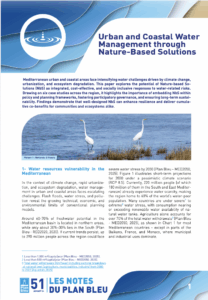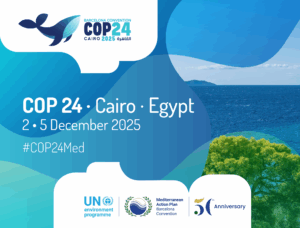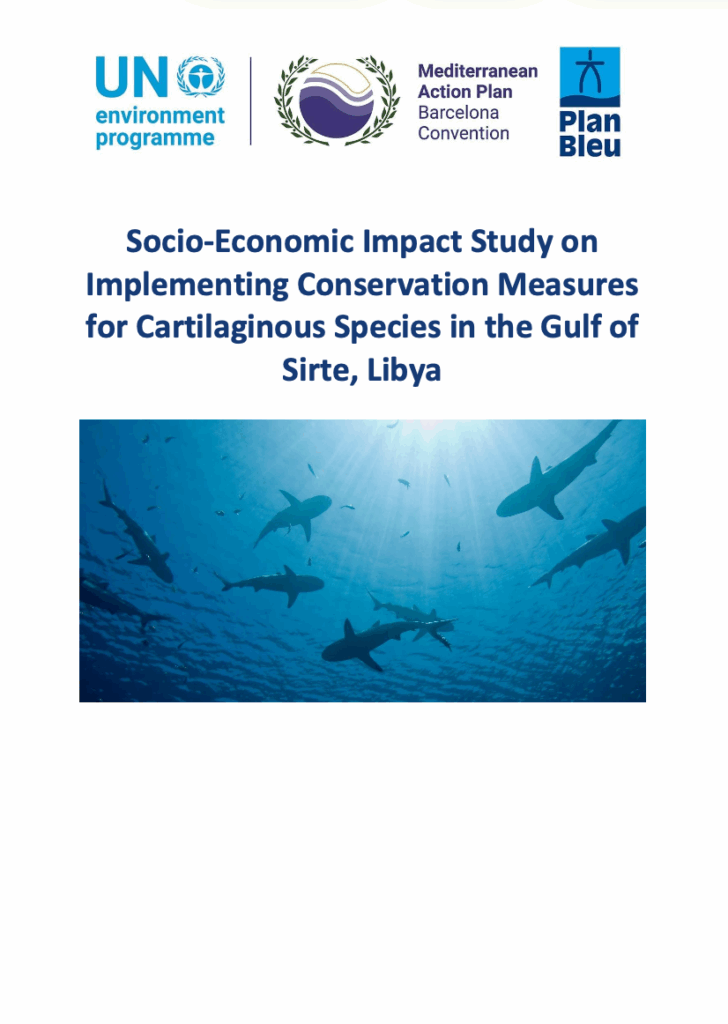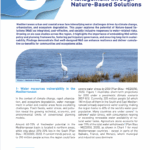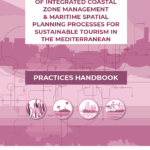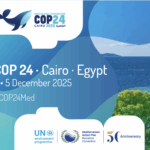This comprehensive socio-economic impact assessment was commissioned by Plan Bleu/RAC and developed in close collaboration with SPA/RAC. It evaluates the potential impacts of implementing conservation measures for nine cartilaginous species newly listed in Annexes II and III of the SPA/BD Protocol in the Gulf of Sirte.
A key finding reveals vulnerability among the Gulf of Sirte fishing communities, where 93.9% of the 66 surveyed fishers interact with protected species (sharks and rays) as bycatch. However, the study identifies a crucial strength: the community’s remarkable conservation readiness, evidenced by 80.3% of fishermen being willing to participate in training programs for alternative fishing methods.
Based on these findings, the study strategically recommends a phased Scenario B approach, which prioritizes emergency support for the 27 families facing the highest economic risk while leveraging community willingness for long-term conservation implementation.






